Few musical genres capture the art of telling a sad story beautifully quite like classic country and Western songs. This storytelling music comes from places where life is hard: working-class Southern communities treading water above the poverty line, wind-worn cowboys of the West, outlaws on the lam, and the incarcerated, to name a few.
Videos by American Songwriter
Indeed, these country classics prove that sometimes, the best songs are the ones that make you feel the worst.
“Pancho and Lefty” by Townes Van Zandt
Townes Van Zandt was a master at bittersweet songwriting, and his 1972 classic country track, “Pancho and Lefty,” is certainly no exception. The song tells the story of the two titular companions and their contrasting fates. Pancho, a bandit with a horse as fast as polished steel, met his match on the deserts down in Mexico. Lefty, on the other hand, escaped to Ohio, with the implication being that he ratted out Pancho to the federales in exchange for his freedom.
The song takes the traditional songwriting format of criminal vs. law enforcement, hero vs. villain, and turns it on its head. Van Zandt invites the listener to consider that Lefty’s fate of hiding in a cheap Cleveland motel is arguably worse than Pancho’s, who will be forever remembered as a folk legend. Pancho needs your prayers, it’s true. But save a few for Lefty, too. He only did what he had to do.
“Green, Green Grass of Home” by Claude “Curly” Putnam, Jr.
Countless country and folk artists have recorded versions of Claude “Curly” Putnam, Jr.’s standard, “Green, Green Grass of Home,” and it’s easy to see why. With descriptive imagery that plays on our emotions, nostalgia, and fear of death, the classic track is the quintessential country song. It mentions hometowns, trains, Mamas and Papas, and a cherry red-lipped lover named Mary.
Until, suddenly, it doesn’t. In the third verse, the singer’s perspective shifts to four grey walls that surround me as he realizes that he was only dreaming about visiting his family. In reality, he was waking up to the morning of his execution. The song twists the knife with the final verse, describing his family visiting him at his grave in his hometown: Yes, they’ll all come to see me in the shade of that old oak tree as they lay me ‘neath the green, green grass of home.
“El Paso” by Marty Robbins
Marty Robbins was a masterful Western balladeer, and “El Paso” is arguably one of his best. Released in 1959 as part of Robbins’ Gunfighter Ballads and Trail Songs album, the tragic Western song describes a cowboy getting into a gunfight over a woman he loved, Felina. The cowboy killed the man he had challenged and, fearing retribution, committed yet another crime by fleeing from the El Paso cantina on a stolen horse to the badlands of New Mexico.
Eventually, the narrator returns to El Paso, so desperate to see Felina that he willingly risks his life to do so. As he approaches the cantina, a group of five cowboys shoots the narrator off his horse. He dies in Felina’s arms: From out of nowhere, Felina has found me, kissing my cheek as she kneels by my side. Cradled by two loving arms that I’ll die for. One little kiss and Felina, goodbye.
“Sam Stone” by John Prine
Finally, we end our list with the man behind some of the best classic country and Western sad songs of all time. John Prine’s 1971 eponymous debut was full of one-two punches, from “Sam Stone” to “Hello in There” to “Paradise.” Prine had a way of delivering the saddest lines in the most poignant ways, including in “Sam Stone,” which tells the story of a veteran struggling with morphine and h***** addiction upon returning home from the war. There’s a hole in Daddy’s arm where all the money goes.
The classic country song, originally titled “Great Society Conflict Veteran’s Blues,” is tragic in every sense of the word. The titular character goes back to work to facilitate his drug habit, and when that doesn’t work, he begins stealing. Eventually, he dies at home of a drug overdose. Life had lost its fun, and there was nothing to be done but trade his house that he bought on the GI bill for a flag-draped casket on a local hero’s hill.
Photo by Ian Dickson/Shutterstock


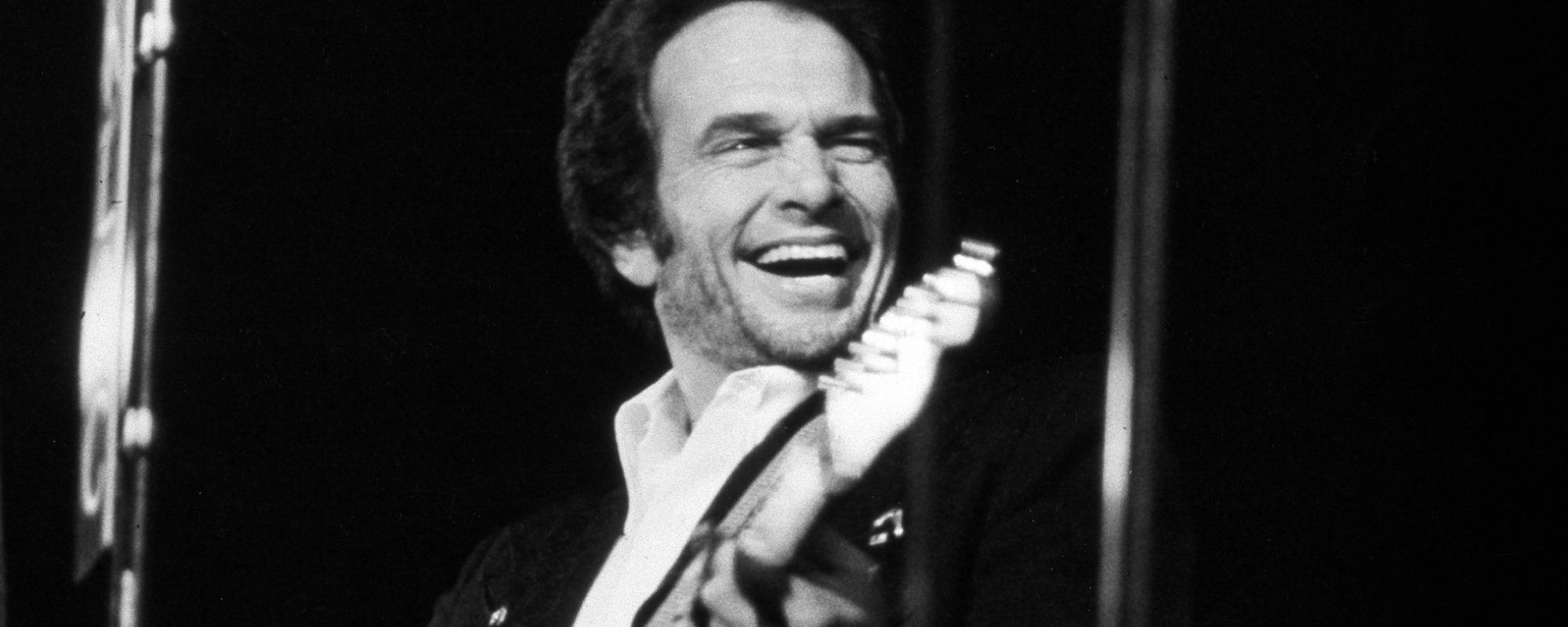
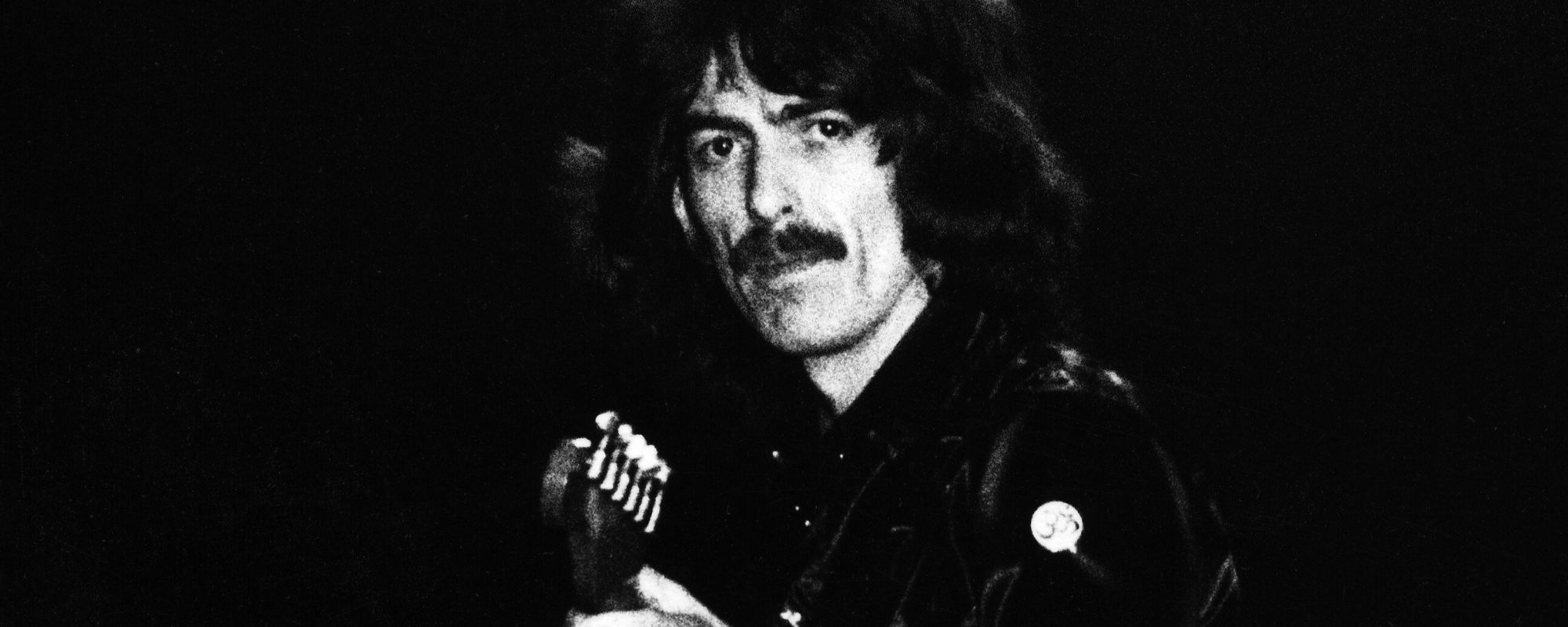


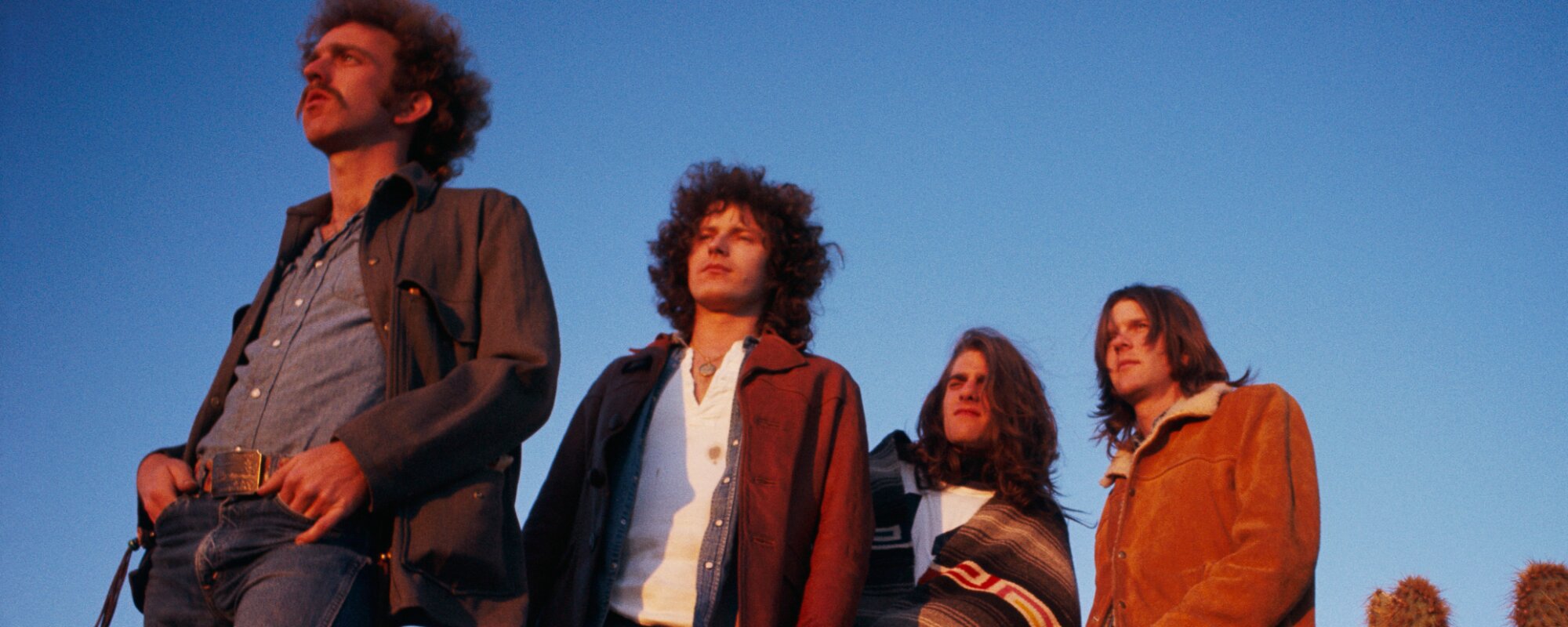



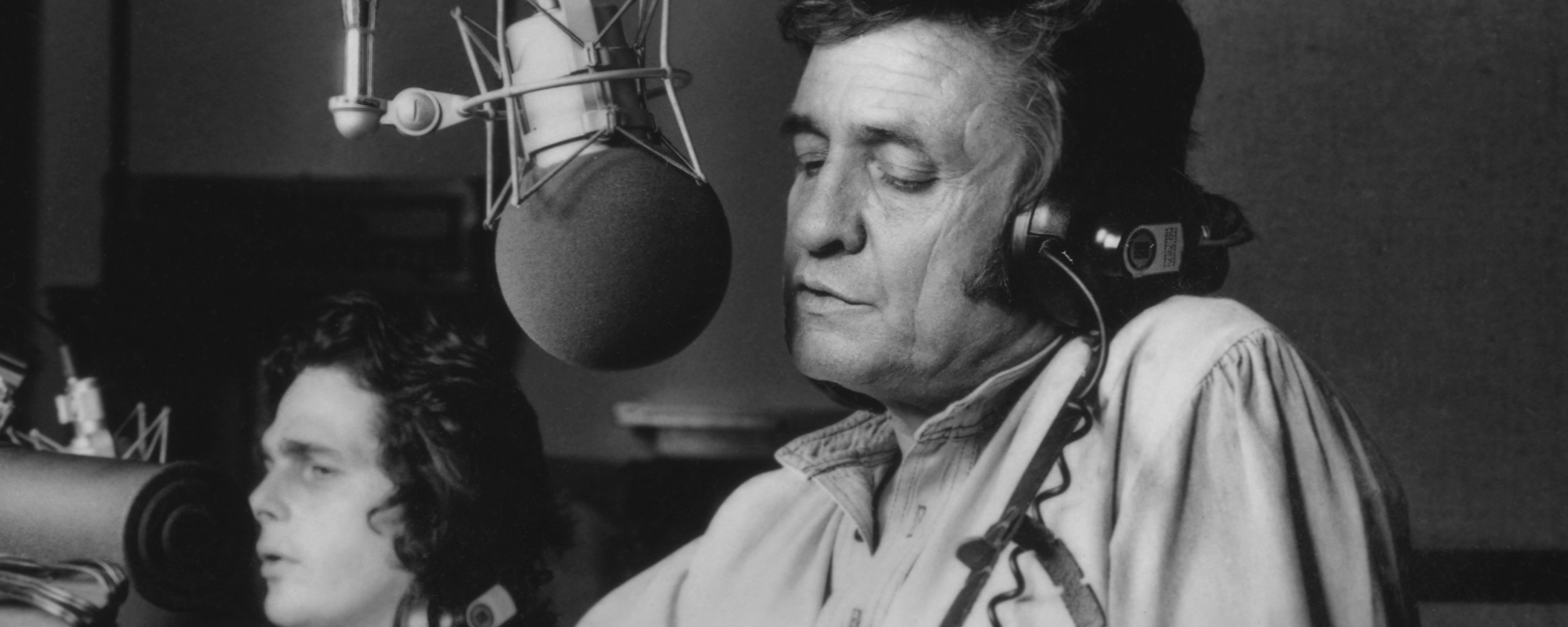
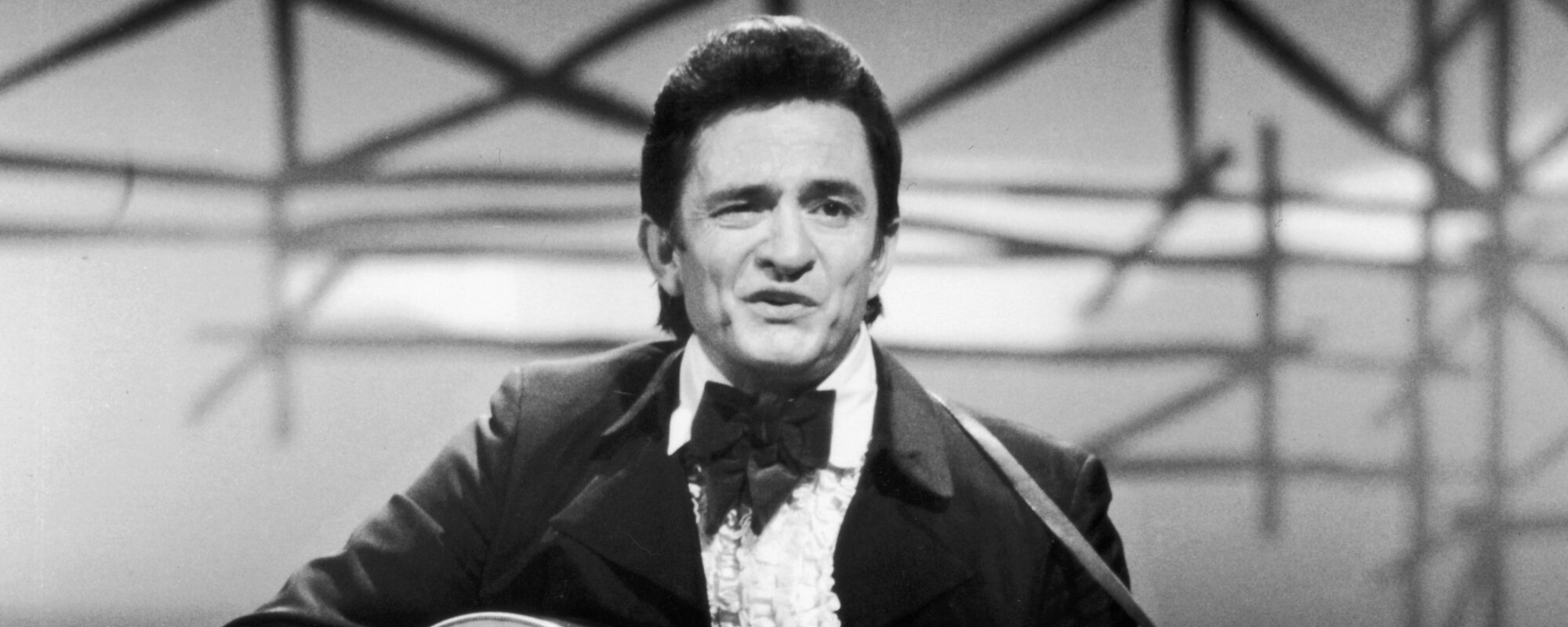
Leave a Reply
Only members can comment. Become a member. Already a member? Log in.